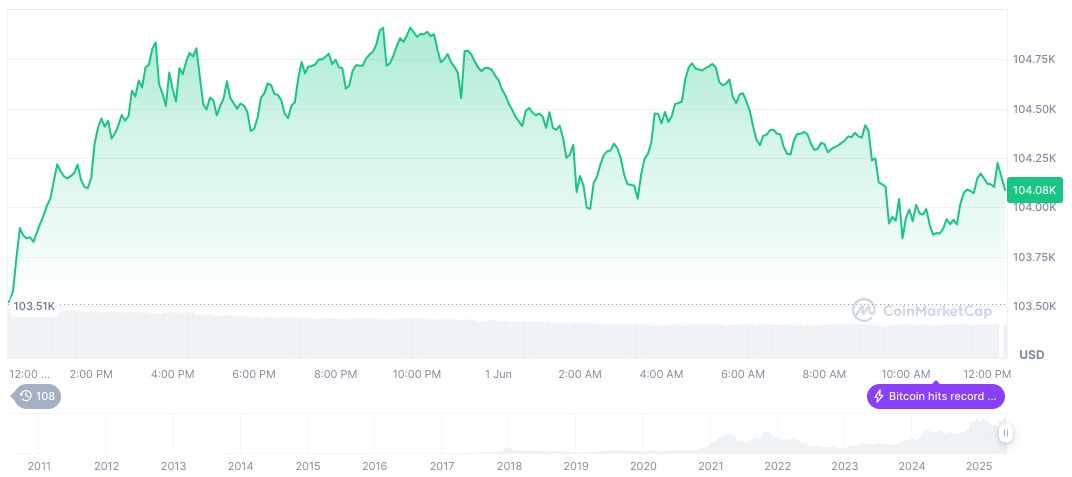- IMF demands clarity on Pakistan’s 2,000 MW electricity Bitcoin mining plan, including legal and fiscal implications.
- IMF not consulted prior to the mining announcement.
- Pakistan’s energy shortages heighten concerns on resource allocation.
Pakistan’s announcement of allocating 2,000 megawatts of electricity for Bitcoin mining spurred IMF inquiries regarding legalities and potential impacts, against a backdrop of existing energy shortages.
IMF’s skepticism toward Pakistan’s plan underscores concerns about fiscal pressures and legality. The country’s strategic shift toward digital asset attraction raises multiple international implications.
IMF Demands Clarity on Pakistan’s Energy Allocation for Bitcoin
Pakistan announced a plan to allocate 2,000 megawatts of electricity for Bitcoin mining, aiming to attract independent miners and blockchain firms. The International Monetary Fund (IMF) quickly questioned the plan’s legality. Electricity allocation amid energy shortages and IMF’s absentee consultation have spotlighted the Pakistani government’s decision-making procedures, as well as raised potential fiscal impacts. The Ministry of Finance is now tasked with providing documentation on the mining plan’s legal validity. The IMF expressed concerns about the plan’s effect on Pakistan’s economic stability. Bilal Bin Saqib, Minister of State for Blockchain and Crypto, emphasized intent to hold Bitcoin, raising eyebrows among global observers.
Did you know? Pakistan’s energy allocation for Bitcoin mining echoes El Salvador’s prior initiatives, yet concerns about fiscal sustainability diverge remarkably.
“We will hold these Bitcoins and we will never, ever sell them.” — Bilal Bin Saqib, Minister of State for Blockchain and Crypto, Pakistan Crypto Council
Comparison to El Salvador’s Initiative and Market Reactions
Did you know? Pakistan’s energy allocation for Bitcoin mining echoes El Salvador’s prior initiatives, yet concerns about fiscal sustainability diverge remarkably.
As of June 1, 2025, Bitcoin (BTC) holds a market dominance of 63.58%, valued at $105,107.41, per CoinMarketCap. With a circulating supply of 19,873,078, its 90-day price movement reflects 15.96% growth, responding to strategic reserves like Pakistan’s. Markets react to such national plans, influencing Bitcoin’s trajectory. Experts suggest that Pakistan’s initiative may affect energy policy, incentivizing technological investments. Crypto Council Pakistan highlights the potential market impact. The emphasis on holding Bitcoin could redefine fiscal strategies, leading to potential shifts in resource allocation and technological advancement, according to Coincu research team. The framework established by the Pakistan Digital Asset Authority aims to oversee this transition.

The framework established by the Pakistan Digital Asset Authority aims to oversee this transition.










